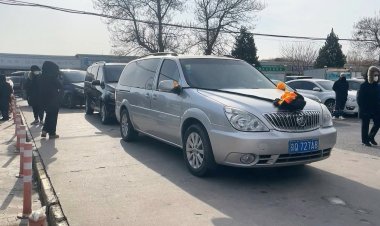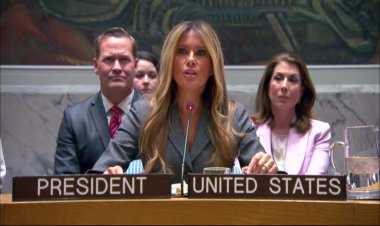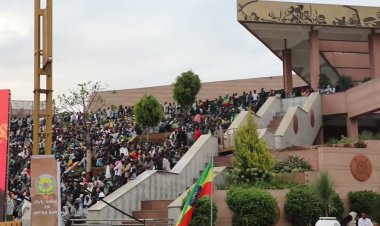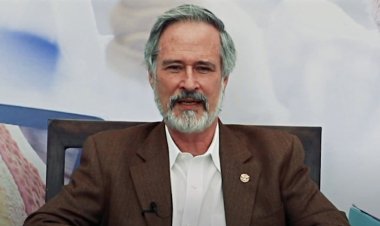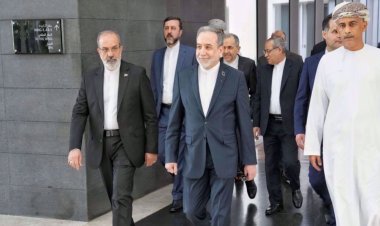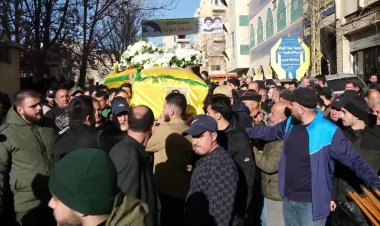Iran denies using proxy forces in the region

Iran's Supreme Leader, Ayatollah Ali Khamenei, dismissed the notion that the Islamic Republic uses proxy forces, during a public address on.
Iran's supreme leader denied that militant groups around the region functioned as Tehran's proxies, warning that if his country chose to "take action", it would not need them anyway.
"The Islamic Republic does not have a proxy force. Yemen fights because it has faith. Hezbollah fights because the power of faith draws it into the field. Hamas and the Islamic Jihad fight because their beliefs compel them to do so. They do not act as our proxy," supreme leader Ayatollah Ali Khamenei told a group of visitors in Tehran.
"The Americans keep saying that the Islamic Republic has lost its proxy forces in the region! This is another mistake," he said, adding: "If one day we want to take action, we do not need a proxy force."
Earlier this month, Syrian rebels' lightning push to Damascus from their strongholds in the northwest ended the decades-long rule of Assad's family, which had been an ally of Tehran.
Meanwhile Turkey's Foreign Minister Hakan Fidan met with Syria’s de facto leader Ahmed al-Sharaa – also known as Abu Mohammed al-Golani – in Damascus.
Sharaa is the leader of the Islamist group Hayat Tahrir al-Sham, or HTS, which led the operation to topple Bashar al-Assad two weeks ago.
Ankara had for years backed rebels looking to oust Assad and welcomed the end of his family's brutal five-decade rule after a 13-year civil war.
Turkey also hosts millions of Syrian migrants it hopes will start returning home after Assad's fall and has vowed to help rebuild Syria.
Speaking alongside Sharaa after the talks, Fidan said, quote, “there is no place" for Kurdish militias in Syria.
Sharaa said his administration would soon announce the new structure of the defence ministry and military and would not allow for arms outside the control of the state.




